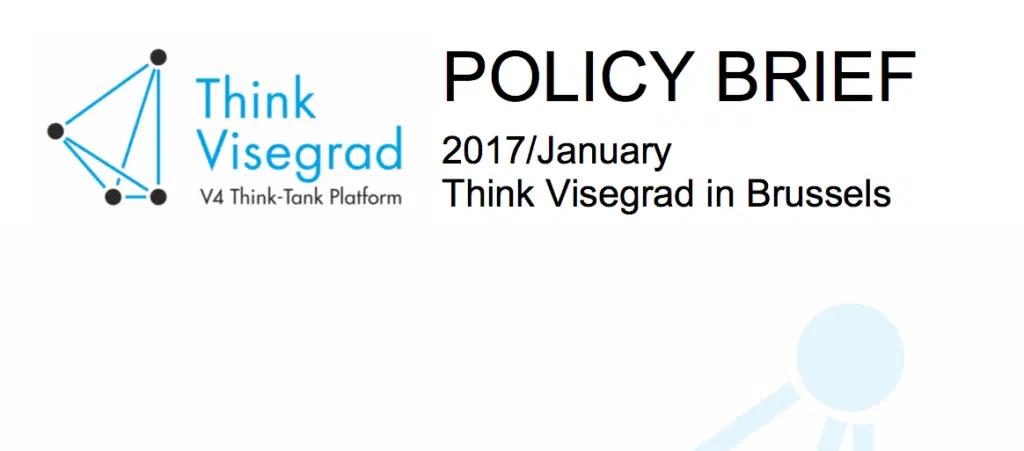The European Union and Eastern Partnership: Crises and Strategic Assessment
Tomasz Stępniewski vypracoval v rámci projektu Think Visegrad analýzu vztahu Evropské unie a Východního partnerství.
25. ledna 2017

Tomasz Stępniewski v rámci projektu Think Visegrad vypracoval analýzu vztahu Evropské unie a Východního partnerství.
- Seven years after the introduction of the EaP, its achievements, objectives and possibilities need to be revisited. Such a need has become even more pressing in the run-up to the EaP summit set to take place in 2017 (in Brussels or Tallinn), where a change of both the approach and narrative will be strong symbols that are now necessary to deliver on. Moreover, the predicament of the EaP countries has been pushed to the background. As a consequence, the V4 ought to bring forward the issue of the dynamics in the EaP states and the long-term dangers posed by the Russo-Ukrainian conflict in Donbas.The Ukraine crisis constitutes a challenge not only for Ukraine’s security, but also more generally for the European and international security and order. Paul Ivan observes that the EU continuously needs to highlight that it was Russia who annexed Crimea, Russia who is waging war against Ukraine, and Russia who violated international law13. EU sanctions imposed on Russia constitute a proper response with regards to the fait accompli policy applied by the Federation. As a consequence, the EU ought to finally enforce the Minsk II agreements and its implementation by Russia (and by Ukraine), even if the election of Donald Trump and political developments in France may make this more complex. The EU also needs to work out a mechanism to respond efficiently enough to emerging crises in its immediate vicinity. The adoption of the European Union Global Strategy (EUGS) in June 2016 is expected to alleviate some problems regarding the issue. However, the strategy has not been ratified by member states. As a consequence, F. Mogherini is developing a Security and Defence Implementation Plan (SDIP), to be adopted at the December EU Council. The situation in the eastern neighbourhood confirms that far-reaching changes are required. It will be difficult to reach a compromise on this issue among EU members if even the states under the EaP project failed to reach a consensus on whether or not the annexation of Crimea by Russia should be condemned.
Celý text si můžete v angličtině přečíst kliknutím na tlačítko PDF napravo vedle tohoto článku.





